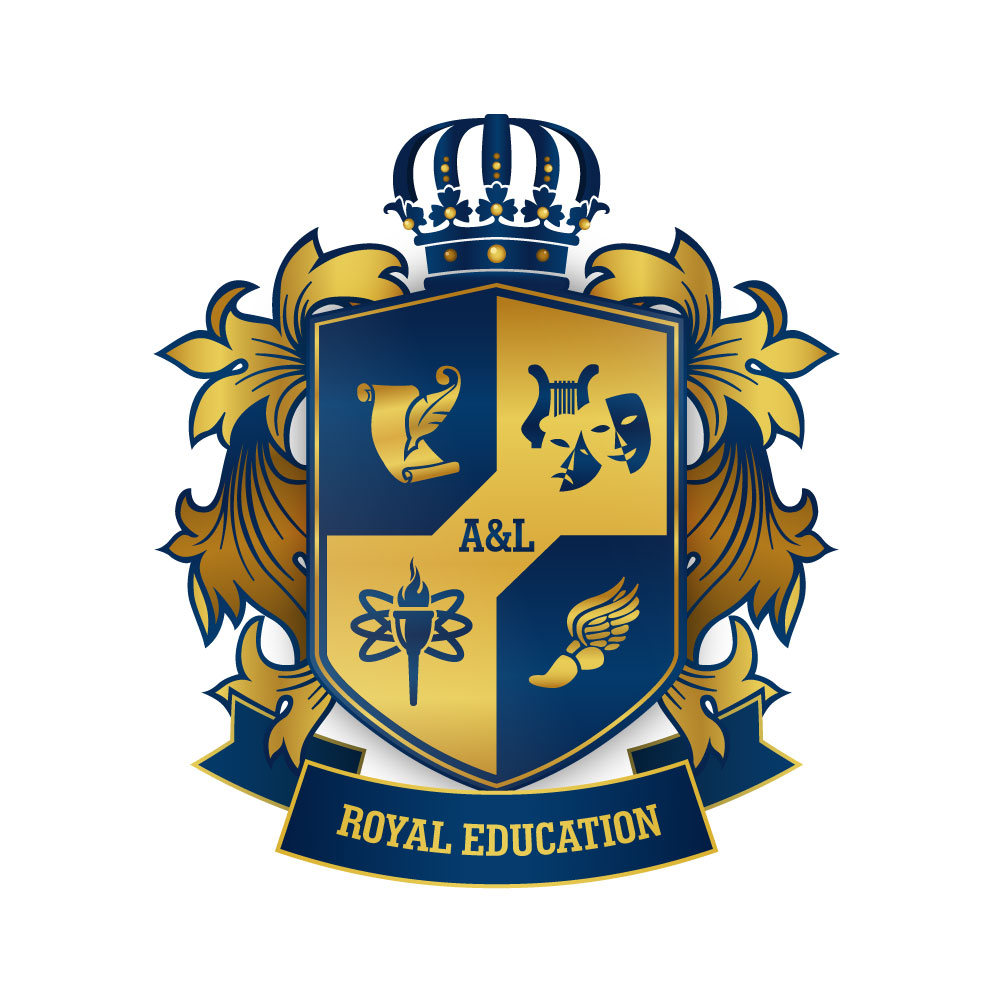English Academy
ENGLISH FOR SPECIFIC PURPOSES
A & L Royal Education Language Academy offers classes for specific groups of students. For example, if a group of nurses from overseas wished to improve their English skills before starting work in Canada or to obtain work in Canada, A & L Royal Education Language Academy could design a course specific to their needs. Students who are interested in a specialized class should contact the school for more information.
How is English for Specific Purposes (ESP) different from Everyday English (ESL)?
The most important difference is the learner’s purpose for learning English. English for Specific Purposes students usually have some English skill and they desire to improve their English to communicate in a professional setting. The student wants to learn communication, professional, and cultural skills related to a specific profession or occupation. They want to learn to communicate job-related functions.
English for Specific Purposes focuses more on language in context than on teaching grammar and language structure. It can cover any subject such as accounting, tourism, nursing, the trades, or business. ESL is not taught as a subject but it focuses on the student’s real life needs and desires for coummunication within their chosen occupation.
English for Specific Purposes also is different from Everday English (ESL) from the goals of teaching and learning. ESL generally focuses on all 4 language skills as well as grammar. English for Specific Purposes determines the students needs and adjusts the sylabus to the needs of the students. Nursing students may focus on vocabulary specific to health care and focus on communication skills to relate to patients and other medical professionals.
ESP is usually highly motivating to students because they are able to apply what they learn in their English class to their life. Communication becomes more meaningful, concepts are reinforced and practiced, and vocabulary is increased.
The student’s abilities in their chosen occupation helps them to improve their English skills. Students already have the contexts and subject knowledge needed to communicate in the classroom. The teachers assists the students buy showing them how the context and subject knowledge is expressed in English. They practice the subject matter in a variety of contexts and forms. Students usually improve their English skills quickly in this class.


